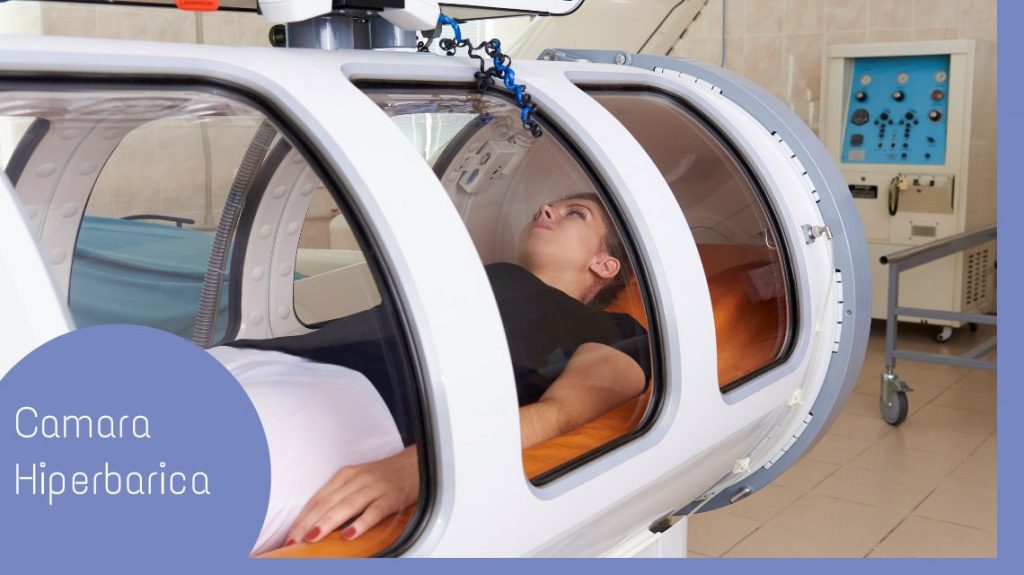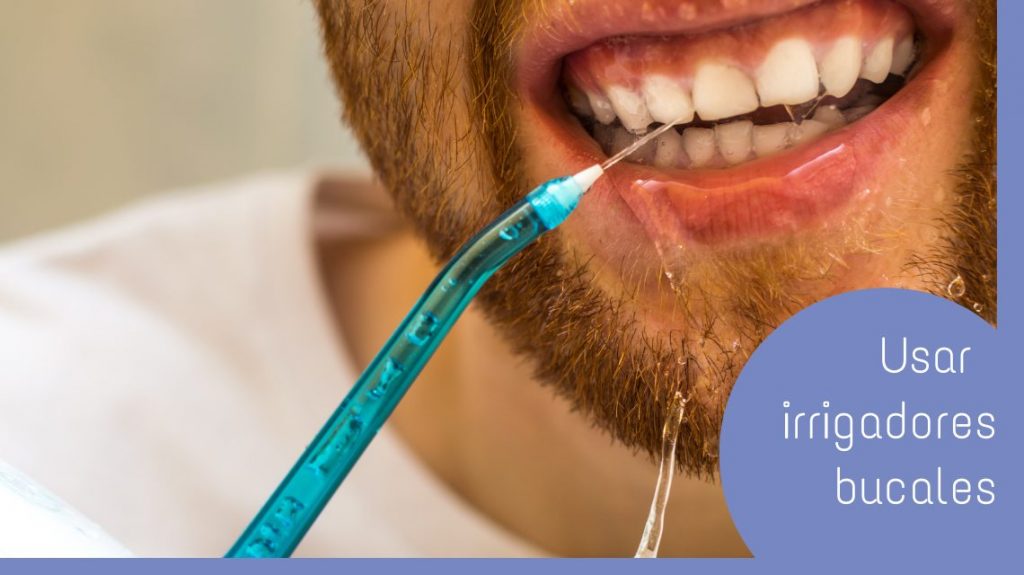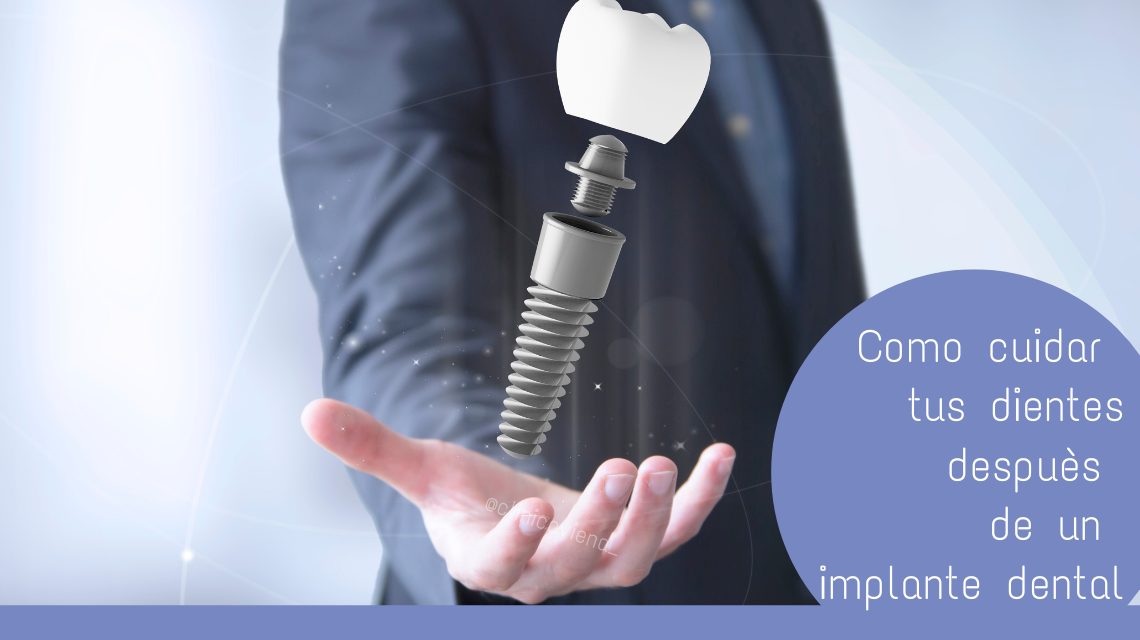Are you a recent recipient of a dental implant or seeking information on how to dental implant care? Look no further, as a dental implant is the optimal solution for missing or irreparable teeth, offering a cost-effective and highly successful alternative to other dental treatments.
To ensure your dental implant stays healthy and long-lasting, there are general care tips you should follow, regardless of the type of implant you have. Later, we will also discuss specific care instructions based on the type of implant you received.
Immediate dental implant care:
- It’s important to be cautious with eating or chewing immediately after your dental implant surgery until the local anesthesia has worn off, which usually takes around 1 to 2 hours. The anesthesia numbs the area, which can prevent you from feeling pain, but it can also lead to accidental biting of the tongue or cheek, or difficulty closing your mouth properly, potentially causing food to fall out while eating.
- In the first 24 hours following your dental implant procedure, it’s recommended to apply cold to the affected area. This can be done by wrapping ice in a cloth or using a cold gel cushion that can be frozen and placed on the implant site. Using a gel cushion is a more convenient and comfortable option, as it won’t leak water like ice and won’t be as cold to the touch.

- After your dental implant surgery, the specialist who performed the procedure will provide medication to manage pain and inflammation. It’s crucial to adhere to their instructions and take the medication as directed.
- It’s important to avoid spitting following a dental implant surgery, as a clot will be forming around the implant. Every time you spit, you risk damaging the clot and slowing down the recovery process.
- It’s advisable to avoid exposing yourself to the sun or excessive heat after a dental implant surgery, as heat can cause the body to dilate, which may lead to bleeding.
- It’s important to use the mouthwash recommended by the specialist who performed your dental implant surgery. However, if you’re also undergoing smile design or whitening and the prescribed mouthwash contains chlorhexidine, it’s worth asking your dentist if an alternative mouthwash can be used, as chlorhexidine can cause dental stains. If using an alternative mouthwash is not possible, it’s recommended to limit its use to no more than one week.
- During the recovery period after a dental implant surgery, it’s important to clean the surrounding teeth with gentle care using gauze and dental floss. Additionally, there are ultra-soft bristle toothbrushes available that are specifically designed for post-surgery dental care, and using one of these is highly recommended..
- To aid in the recovery process following a dental implant surgery, it’s recommended to maintain a posture where the head is elevated higher than the body when lying down. This can be achieved by using pillows to prop up the head.

- It’s important to avoid smoking after a dental implant surgery, as cigarettes can impede the healing process by constricting blood vessels, which can lead to implant failure. This is a great opportunity to make positive changes in your life and quit smoking for good. Taking care of your dental implant is a crucial step in improving your smile and overall oral health. By committing to a smoke-free lifestyle, you’re giving your implant the best possible chance to successfully integrate with your jawbone and provide a beautiful, long-lasting result.

- Sedation is commonly used in dental implant treatments to make the patient’s experience more comfortable, especially for those who feel anxious or fearful of dental procedures. The anesthesiologist plays a crucial role in administering the sedation and ensuring the patient’s safety throughout the procedure. It’s important to follow their recommendations carefully to achieve the best results.With sedation, the patient can relax during the treatment and avoid discomfort or pain. The anesthesiologist will monitor the patient’s vital signs and adjust the level of sedation as needed. This allows the dental specialist to focus on performing the implant with precision and efficiency.If you’re scheduled for a dental implant with sedation, it’s important to discuss any concerns or questions you have with both the anesthesiologist and the dental specialist. By working together, they can create a plan that suits your individual needs and ensures a successful outcome. Remember to follow all pre-surgery instructions, such as fasting before the procedure, to minimize the risk of complications.
Dental Implant care: Single tooth implant care
Managing single tooth implants is relatively simple compared to more complex cases that require extensive surgery and bone grafting. With single tooth implants, there is often no need for major surgical procedures and the post-operative care and maintenance are relatively straightforward.
- In some cases, the dental specialist may choose to insert a temporary acrylic tooth during the healing period, or simply place the implant screw and leave it submerged in the bone. This is a common approach when there is a risk of infection, or the bone quality is not optimal.
- In case your implant was left submerged in the bone during the healing period, you should wait for about six months before returning for the second phase of the treatment. During this phase, the implant will be opened again, and the final crown that is intended to be placed in that area will be attached.
- Once the implant has healed, the final impression will be taken to attach the ceramic crown at the surgical site if it was not submerged during the initial implant placement. It is crucial not to leave the temporary acrylic crown for an extended period since the material can become porous over time, accumulate a foul odor, and attract dental plaque on its surface, leading to implant infection and jeopardizing the treatment’s success.
- How Much Does A Dental Implant Cost In Colombia In 2023
- Dental Implants
- 7 Alternatives To Dental Implants
Dental Implant Care when for All on 4, All on 6 implants
The level of care required for this treatment is much higher since it involves not just one implant but four or six implants in either the upper or lower region.
- It is highly advisable to incorporate hyperbaric chamber sessions in your implant treatment, especially if you’re getting multiple implants. These chambers are designed to increase oxygenation in the area where the implants have been placed, promoting faster healing and better treatment success. Depending on the patient’s condition and bone density, it may be necessary to undergo 2 to 5 sessions, either before or after treatment. In patients with low bone density or underlying health issues, it is recommended to undergo one session before treatment and additional sessions after treatment to ensure the best possible outcome.

- Implants of this kind necessitate extra attention when it comes to oral hygiene in order to avoid food particles getting trapped between the implant and the prosthesis. In order to accomplish this, I suggest employing oral irrigators, such as those of the Water Pick variety, which gently and effectively clear food particles from difficult-to-reach areas by using pressurized water.

- It is crucial to inquire about proper cleaning techniques for these implants and prostheses from the specialist who is treating you. This is because successful treatment outcomes rely heavily on maintaining their cleanliness, accounting for about 90% of the process.
Care for implants in patients with diseases such as diabetes, heart problems, coagulation problems
- Patients who suffer from chronic diseases like diabetes, heart problems, etc., need to obtain approval for dental implant treatment from their attending physician as they might be required to suspend the use of certain medications such as anticoagulants to prevent bleeding, or take antibiotics if there is a risk of infection. It is important to avoid the uncontrolled use of antibiotics as this can lead to resistance, making them ineffective in case of a significant infection. Therefore, consulting with both the dental specialist and attending physician is crucial for the success of the treatment.


Thank you so much I want to have a talk with you about doing the Dental work on me. Thank you so much.
Thank you for your message! We’re here to provide you with all the information you need. Please check your inbox — we’ve sent you a message to discuss your case in more detail.